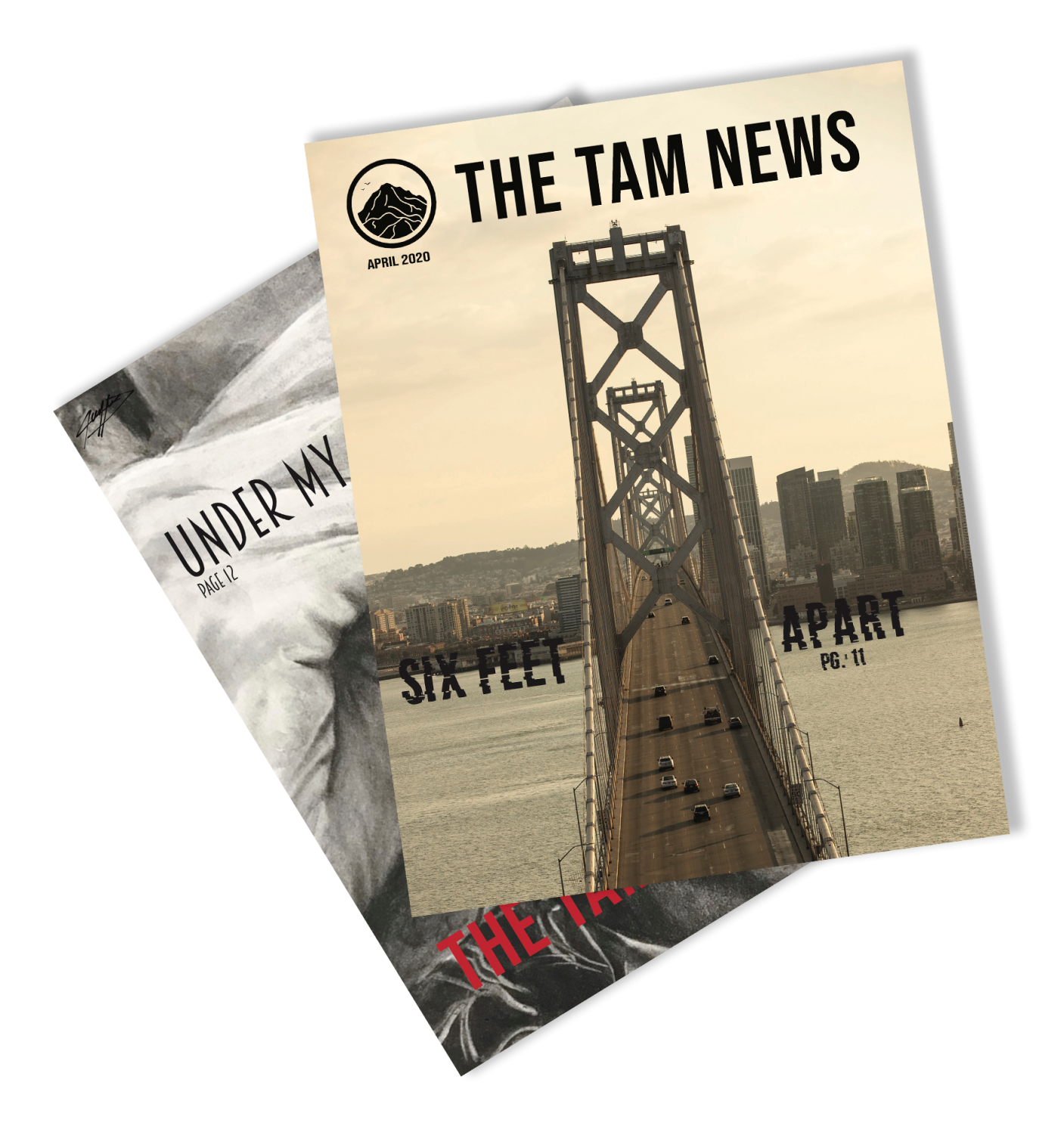The Prisoners’ Literature Project
Feb 7, 2023
In local bookstores around the Bay Area, there might be a small selection of books dedicated to the Prisoners Literature Project (PLP), a grassroots organization operating in the Bay Area for over 30 years.
The PLP, run entirely by volunteers, partners with bookstores and libraries around the Bay Area to send books to incarcerated individuals.
“By sending free reading materials to those behind bars, [the Prisoners Literature Project] aims to foster learning and critical thinking and help prepare people to lead successful lives after incarceration,” the PLP mission statement stated on its website. “We believe that all people have a right to read.”
Inmates in the United States have little access to literature, with sparse and often nonexistent prison libraries, and with people unable to access the funds or computers needed to order books for themselves. Most prisons prohibit books from being sent to incarcerated individuals through anything other than a “departmentally approved book distributor, book store or publisher,” according to the California Department of Corrections and Rehabilitations, CCR Title 15 Section 3134.
Through the PLP, inmates can request anything from books on running a business and doing taxes, to cozy mystery novels and literary classics. These requests are sent to the PLP’s Bay Area partners like the Bound Together Bookstore on Haight Street in San Francisco, where the project originally began. Here, customers can purchase the requested books, which are then sent to the inmates through the program.
Other Bay Area bookstores like Green Apple Books, Fabulosa Books, and the Community Thrift in San Francisco have set up displays. In Oakland and the Eastbay, you can find PLP displays at East Bay Booksellers, Moe’s Books, Pegasus Books, Owl & Company Bookshop, and Banter Bookshop. A complete list can be found on the PLP website, linked here. (https://www.prisonlit.org/new-initiative-bay-area-book-stores-support-plp/).
Tam students have also volunteered for the project, helping to set up local displays here in Marin.
“A lot of these people had been [incarcerated] when they were young, and so they never got a true education,” Gabby Hoeberichts, a Tam junior and PLP volunteer said. Hoeberichs and her fellow volunteers coordinated with the project to expand displays and participation past just San Francisco and Berkeley. Tam volunteers worked with the Depot Bookstore in Mill Valley, Copperfield’s Books in Larkspur, and Book Passage in Corte Madera to set up displays.
“It’s been hard, because [the PLP] had very low volunteers because of COVID,” Hoelberichts said. Although they received books from the stores, those books were unable to be donated to the project. Only requested books that also fit logistical requirements (paperback, small in size) can be accepted.
The PLP also accepts donations, which go to rent, office supplies, postage, and the purchase of discounted and often-requested books. The non-profit is run entirely by volunteers, with no paid employees, according to the PLP website.
“Thank you for being a salvation to the minds of the incarcerated. The books are all some of us have to escape this confinement,” a June thank-you letter to the PLP reads. “The inmate you sent the book care package was just about ready to give up hope on any care from the outside world.”
According to the Prison Policy Initiative, a non-profit using research to advocate against mass incarceration, one in four inmates experience “serious psychological distress” while incarcerated and around 43 percent of people in state prisons have been diagnosed with a mental disorder. Although something as physically small as a book can seem insignificant, providing that little escape could potentially save someone a lot of heartaches.
Beyond business help and practicality, literature offers people ways to think about the world and to understand and relate to their own experiences. It can provide a distraction to the harsh life of incarceration, a solace to someone struggling with mental illness or depression, and even something as basic as entertainment. The PLP is a great way that people in our Bay Area community can get involved in providing that solace to incarcerated people.



